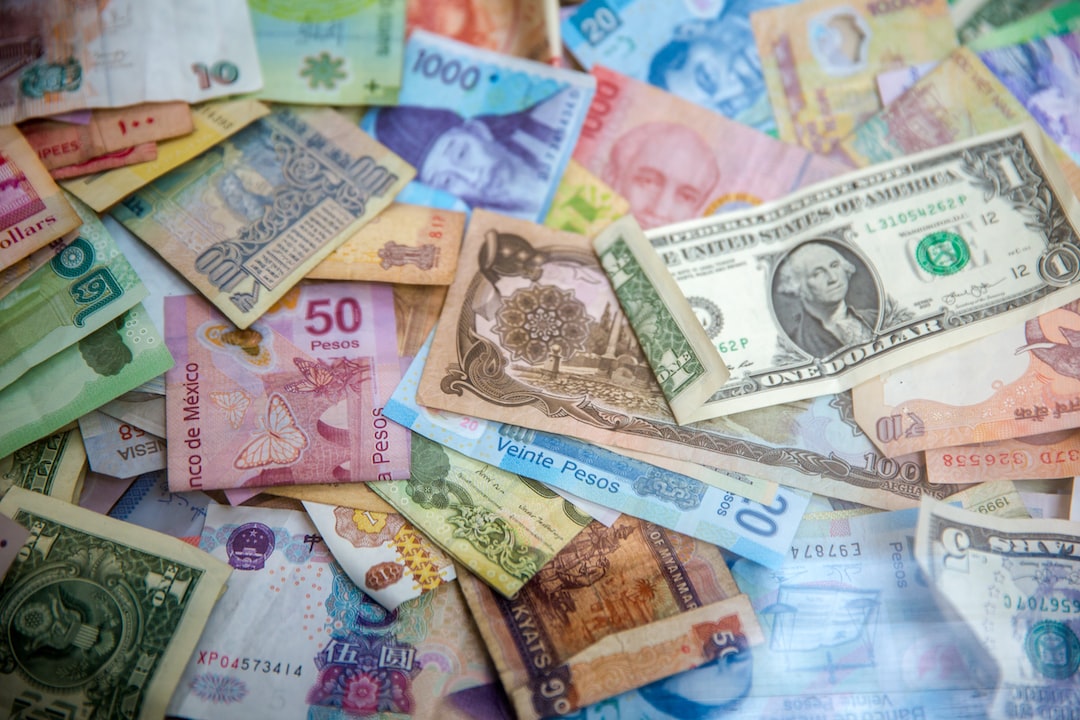Forex brokers are financial intermediaries that facilitate trades between buyers and sellers in the foreign exchange market. They provide a platform for traders to buy and sell currencies, and in return, they earn commissions, spreads, and other fees. In this article, we will explore how forex brokers make money and the various ways they generate revenue.
Commissions
Forex brokers earn commissions on every trade executed by their clients. Commissions are usually a fixed percentage of the trade size, ranging from 0.1% to 2%. For instance, if a trader buys $10,000 worth of EUR/USD, and the commission charged by the broker is 1%, the broker earns $100. The higher the trading volume, the more commissions earned by the broker.
Spreads
Forex brokers also make money from spreads. The spread is the difference between the bid and ask price of a currency pair. The bid price is the price at which a buyer is willing to buy a currency pair, while the ask price is the price at which a seller is willing to sell a currency pair. The spread is the fee charged by the broker for facilitating the trade. For example, if the bid price for EUR/USD is 1.2000, and the ask price is 1.2005, the spread is 0.0005. The spread varies from broker to broker, and some brokers offer tighter spreads than others. The difference in spreads can significantly impact a trader’s profitability.
Swap fees
Forex brokers also earn swap fees or rollover fees. Swap fees are charged when a trader holds a position overnight, and the broker rolls over the position to the next trading day. The swap fee is the interest rate differential between the two currencies in the currency pair. The broker charges a fee for borrowing the currency with the lower interest rate and lending the currency with the higher interest rate. The swap fee can be positive or negative, depending on the interest rate differential between the two currencies. If the interest rate of the currency being borrowed is higher than the interest rate of the currency being lent, the swap fee is negative, and the trader is charged. On the other hand, if the interest rate of the currency being borrowed is lower than the interest rate of the currency being lent, the swap fee is positive, and the trader earns a fee.
Inactivity fees
Forex brokers may also charge inactivity fees. Inactivity fees are charged when a trader does not execute any trades for a specified period. The fee varies from broker to broker and can range from $5 to $50 per month. Inactivity fees are designed to encourage traders to remain active and generate revenue for the broker.
Deposit and withdrawal fees
Forex brokers may also charge deposit and withdrawal fees. These fees are charged when a trader deposits or withdraws funds from their trading account. The fees vary from broker to broker and can range from a fixed fee to a percentage of the deposit or withdrawal amount. Some brokers offer free deposits and withdrawals, while others charge a fee for every transaction.
Conclusion
Forex brokers make money through various means, including commissions, spreads, swap fees, inactivity fees, and deposit and withdrawal fees. It is important for traders to understand the various fees charged by brokers and choose a broker that offers competitive fees and tight spreads. Traders should also consider the broker’s reputation, regulation, and customer support before opening an account. With the right broker, traders can maximize their profitability and achieve their trading goals.





